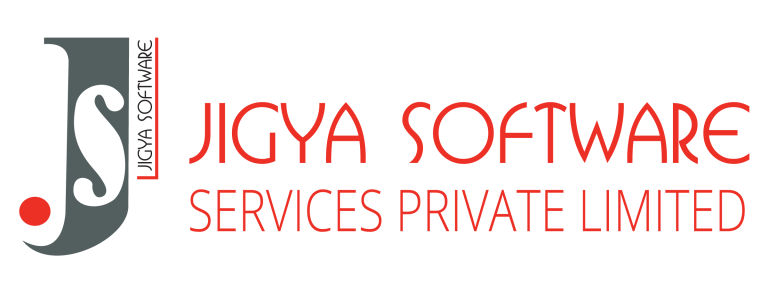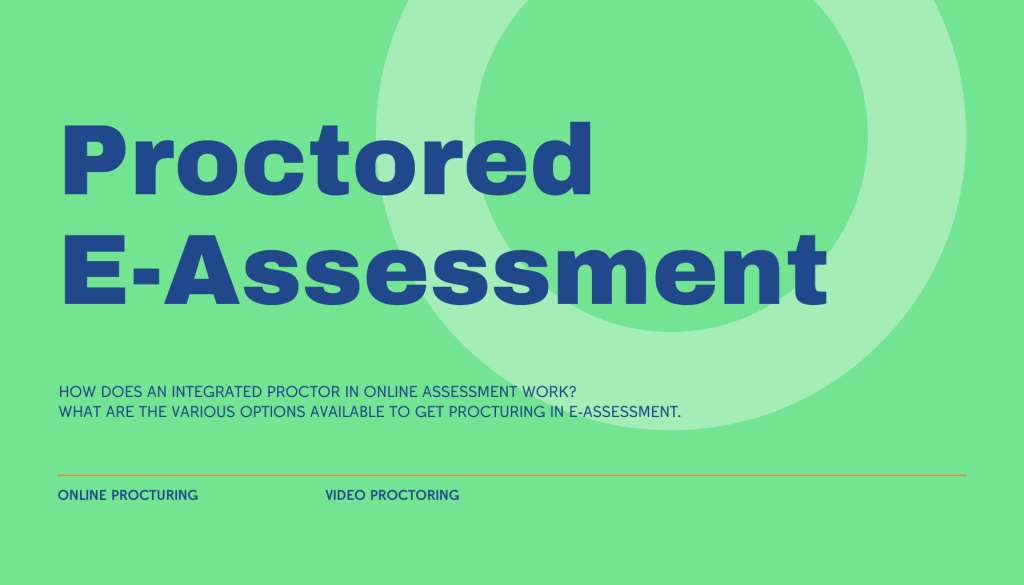In the ever-evolving landscape of education and recruitment, proctored e-assessment has emerged as a pivotal innovation. This versatile tool encompasses every aspect of the testing process, from crafting question papers to evaluating results and generating insightful dashboards. The transition from traditional, physical assessments to proctored e-assessment has revolutionized how exams are conducted, offering unparalleled accuracy, security, convenience, and analytics. However, with these advancements come concerns about potential cheating, which is a valid apprehension for tests taken remotely. Fortunately, proctored e-assessment solutions are designed to address these concerns comprehensively.
How Proctored E-Assessment Works
The process of conducting a proctored e-assessment begins with candidate identity verification to prevent impersonation. This is a crucial step in ensuring the integrity of the assessment. Candidates are briefed on the rules of the online proctored exam, which typically include prohibitions against speaking, referring to notes, using other software, or sharing exam content.
Once the exam begins, proctoring software monitors the candidate’s desktop and webcam to identify the user. This monitoring includes a room scan, which uses video and audio feeds to detect any additional individuals or unauthorized materials like textbooks and calculators. The integration of facial recognition software within the proctoring service program enhances security by tracking eye and head movements. Any anomalies in these movements can indicate potential cheating, triggering further investigation.
Benefits of Online Proctored Exams
- Enhanced Security and Verification: Online proctored exams significantly improve the verification process. They provide a reliable method for ID verification and help prevent impersonation. Continuous monitoring ensures that all forms of cheating are minimized, creating a fair testing environment.
- Customization and Scalability: Online assessments offer a high degree of customization, allowing for a wide range of assessment types tailored to specific needs. Additionally, online proctored exams are highly scalable, accommodating large numbers of candidates simultaneously. This flexibility eliminates the need for physical test centers and allows for the inclusion of additional candidates without logistical complications.
- Convenience and Accessibility: Proctored e-assessment provides unmatched convenience for both organizers and candidates. Tests can be scheduled at times that suit all parties, accommodating the demands of hybrid working and distance learning environments. This accessibility is particularly beneficial in a world increasingly reliant on remote solutions.
- Reduced Test Fraud: Research indicates that proctored e-assessment effectively reduces test fraud. By employing rigorous monitoring techniques and advanced software, the risk of cheating is significantly minimized.
How Video Proctoring Enhances the Process
Video proctoring plays a crucial role in the proctored e-assessment process. It begins with the proctoring software monitoring the candidate’s desktop and webcam. The information is transmitted to a proctoring service for real-time viewing or later review. The room scan, facilitated through video and audio feeds, ensures that no unauthorized materials or additional individuals are present during the exam.
Video proctoring also verifies candidate identity through the use of webcams. Candidates are required to take a photo of themselves and their photo ID. The software then compares these images with established identification metrics to confirm the candidate’s identity. Facial recognition software further enhances this process by analyzing unique facial features to ensure accurate identification. Importantly, these systems prioritize privacy, as they do not store personal data in public or private databases, ensuring the candidate’s anonymity.
The integration of proctored e-assessment into educational and recruitment processes represents a significant advancement in how assessments are conducted. By leveraging advanced technologies such as video proctoring and facial recognition, proctored e-assessment addresses concerns about cheating and enhances the overall integrity of the testing process. The benefits—ranging from improved security and customization to greater convenience and reduced fraud—make proctored e-assessment a valuable tool for modern assessments. As technology continues to advance, the role of proctored e-assessment will undoubtedly become even more integral in ensuring fair and effective evaluations in various domains.
Visit jigya.com for e-assessment solutions. For more products and services, visit Jigya Software Services, an Orpine Inc company.


